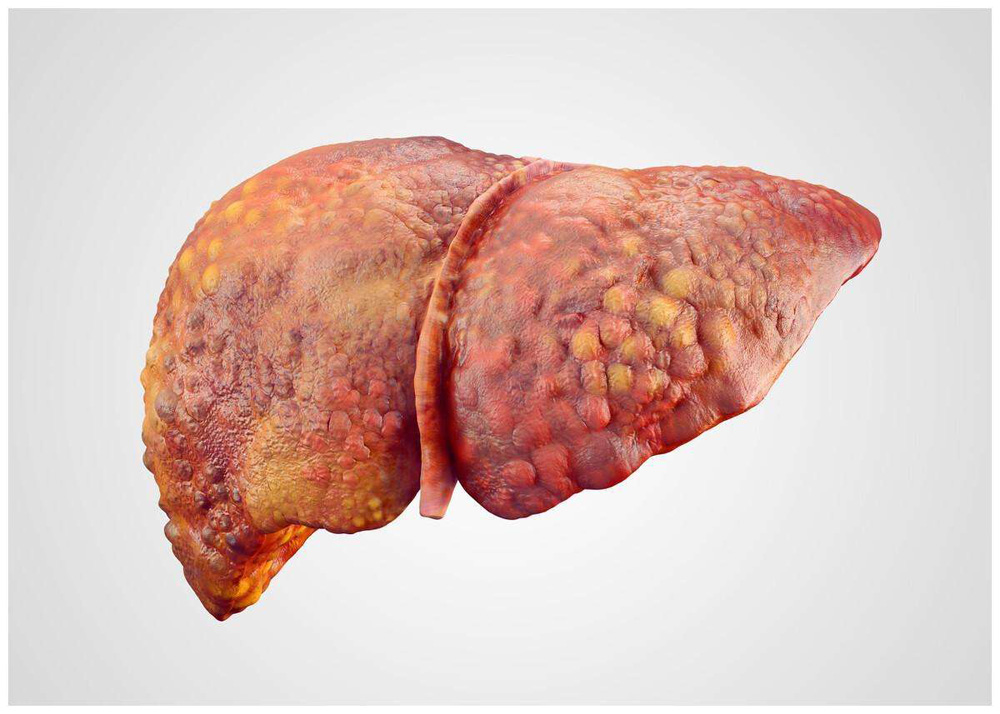On September 30, Intercept announced that the phase III REVERSE study of obeticholic acid (Ocaliva, obeticholic acid, OCA) in the treatment of nonalcoholic steatohepatitis (NASH)-related compensated cirrhosis did not meet the primary endpoint.
The REVERSE study is a randomized, double-blind, placebo-controlled, multicenter Phase III clinical trial designed to evaluate the efficacy and safety of OCA in patients with NASH-related compensated cirrhosis. A total of 919 patients were included in the study and were randomized 1:1:1 to receive placebo, OCA (10mg), and OCA (10-25mg). The primary endpoint was the proportion of patients with at least a grade 1 improvement in liver fibrosis and no worsening of NASH after 18 months of treatment.
The results showed that 11.1% of patients in the OCA (10mg) group had at least a grade 1 improvement in fibrosis without NASH worsening, 11.9% in the OCA (10-25mg) group, and 9.9% in the placebo group. , there is no statistically significant difference. In terms of safety, the most common adverse reaction was itching.
OCA, a farnesoid X receptor agonist, was granted breakthrough drug designation by the FDA in January 2015 for the treatment of NASH patients with liver fibrosis, and was approved by the FDA in May 2016 for the treatment of primary bile cholangitis. It is the world’s first NASH drug to enter Phase III clinical trials. In June 2020, the FDA refused to approve the treatment of NASH liver fibrosis due to the uncertainty of the benefits brought by the interim histological endpoint data. It is reported that the sales of the product in 2021 will be 364 million US dollars.
In July, Intercept announced positive data from the interim analysis of the Phase III REGENRATE study of OCA in the treatment of NASH liver fibrosis. RESULTS: At 18 months, 23.1% of patients in the 25 mg obeticholic acid group achieved at least grade 1 improvement in fibrosis without NASH worsening, compared with 11.9% in the placebo group. Based on the positive results, the Intercept said it will resubmit the New Drug Application.









